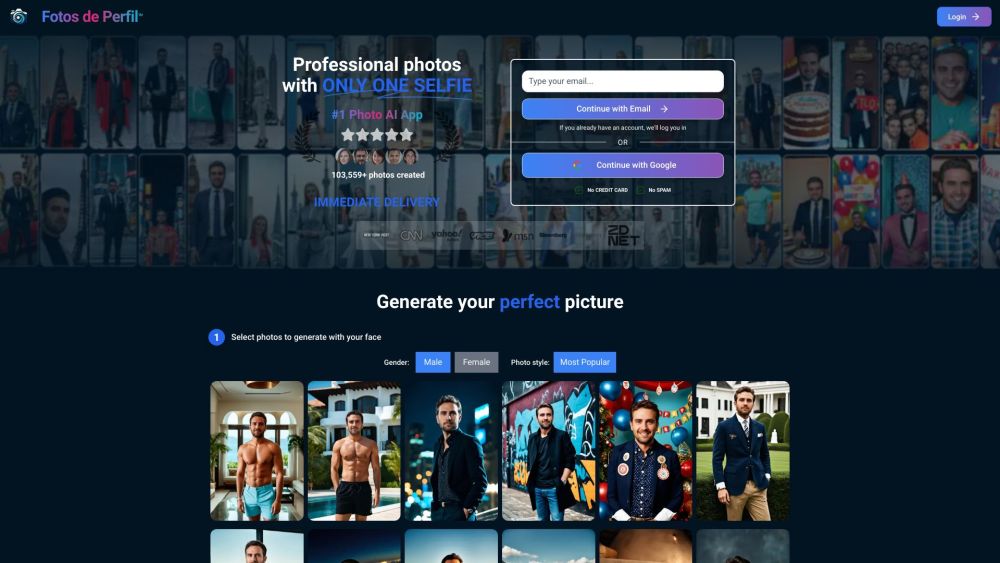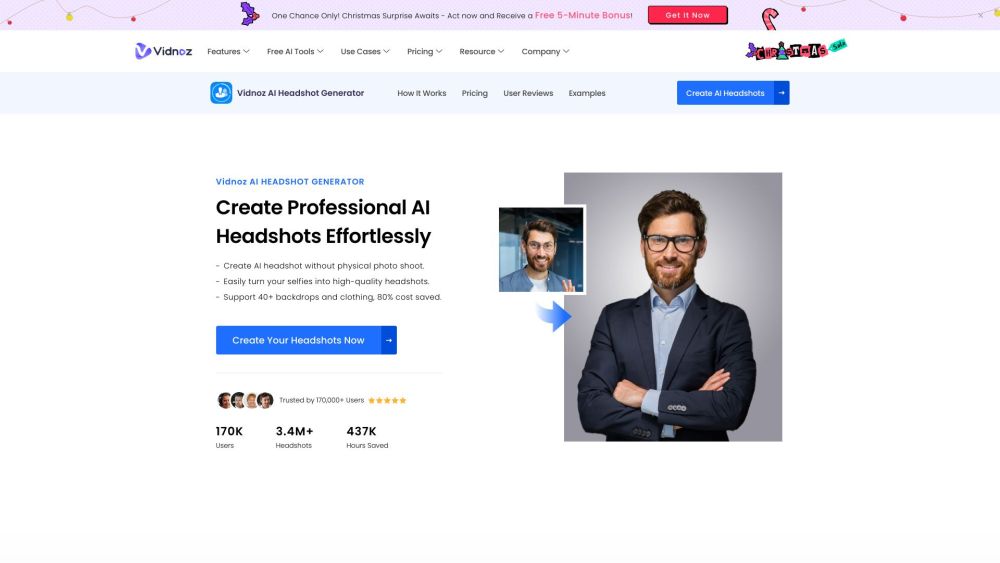Carl Pei's Vision: The Future of Smartphones as AI Devices
Carl Pei, CEO of Nothing, recently shared his insights in a video, predicting a transformation in how we interact with smartphones as they evolve into advanced AI devices. He remarked, "People love their smartphones, but the user experience hasn't seen significant change in years." While smartphones have become faster, sleeker, and more user-friendly, the core experience remains largely unchanged. Pei believes that this is about to change.
During the video, he hinted that the highly anticipated Phone 3 might launch this July, in line with Nothing's traditional schedule. He described it as the company's first true AI smartphone. The Nothing team showcased several innovative features, including a personalized voice assistant integrated within the operating system, reminiscent of OpenAI's GPT-4o—an aspiration many hold for the future of smartphones. Another demonstration revealed a dynamic home screen that combines an app launcher and news feed, automatically retrieving upcoming ticket QR codes, relevant content, reminders, and weather information. Pei emphasized that this would allow AI to liberate smartphones from an app-centric model, transforming them into intelligent systems that understand user needs.
However, Pei cautioned that these are merely prototypes, and significant changes to the home screen will require time. "You can't launch a new product and say, 'There are no apps anymore, do you want to buy it?' Naturally, users will decline," he noted. "Our mission is to bridge the gap between the current and future systems." He likened Nothing to Nintendo, highlighting that the company's goal is not to compete technologically but to create engaging and high-quality products.
Clearly, Nothing has invested significantly in AI, having recently integrated ChatGPT into their headphones. In a previous episode of The Vergecast, Pei mentioned his thoughts on moving beyond a single-app focus. "Apps have become too powerful. With Phone 2, we aimed to give users more choices and regain some control," he explained. "Perhaps we can directly command the phone, and it will utilize apps in the background without exposing them upfront."
Pei chose to start with headphones and smartphones because they are everyday devices for most users. "A computing device defined by a large screen and camera capabilities will dominate the market for the long term." He believes that making phones is a safer but fiercely competitive venture, a sentiment supported by the experiences of companies like Humane and Rabbit. He suggested that significant developments may be on the horizon, likely involving the devices we already use—just in a different capacity.
With Pei's forward-looking approach, it’s clear that the future of smartphones holds exciting possibilities, with AI at the helm of this transformation.




